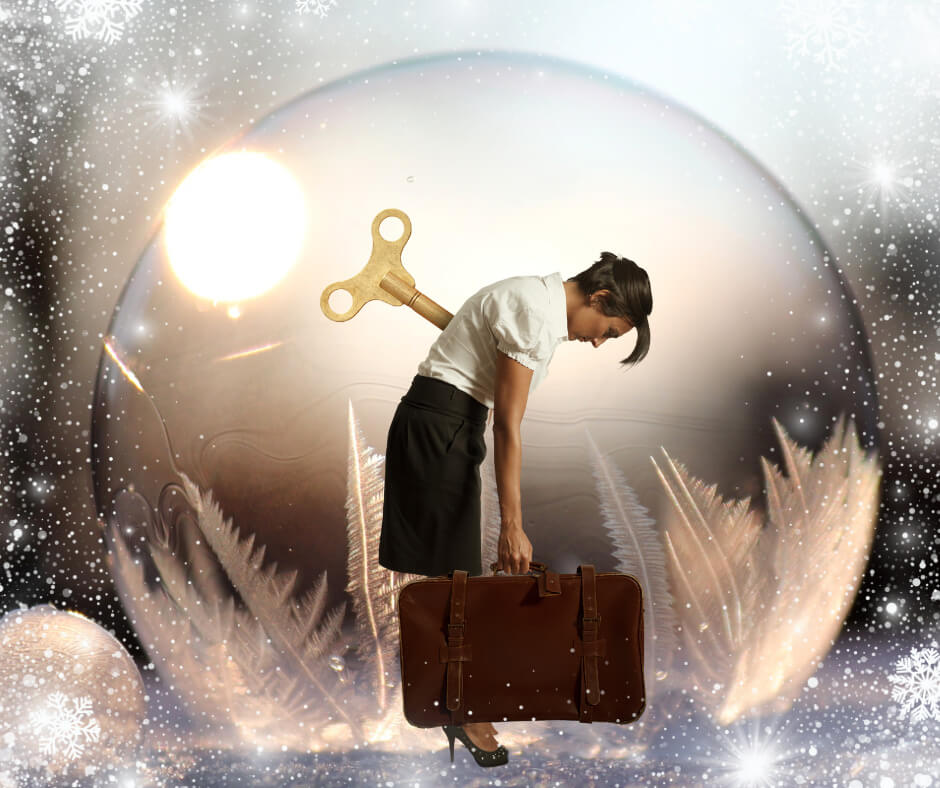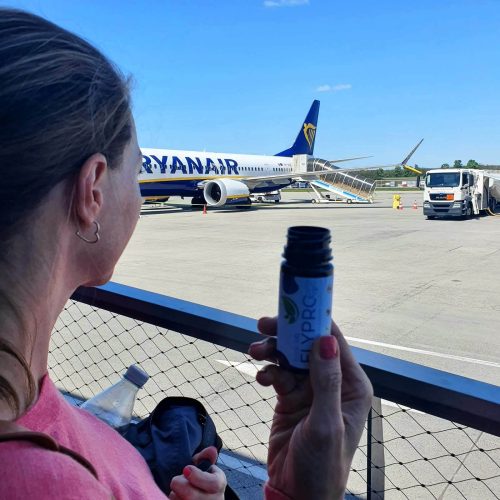
The World of Functional Beverages – Beverages with a Targeted Health Goal
January 21, 2023
Our Brain in Winter – Dim Light, Reduced Concentration
February 6, 2023
I am an experienced flyer. I was four years old when I first got on a plane, and went on a long trip with my parents, flying across the Atlantic. Nobody asked me if I was nervous, I was a kid, my parents took me. We travelled a lot and today, decades later, travel and flying are part of my life. As I’m an avid traveler and enjoy exploring faraway places, I can’t avoid flying, but I have no particular desire to fly. My mantra, since my childhood has been, that whichever plane I fly on will arrive safely. So far it’s worked. J
During my travels I’ve seen quite a few people blanch and ask for bags from neighbors during takeoff and landing, people praying in a storm, people kissing the ground in gratitude after landing, and of course people who have treated their fear with a self-mixed alcohol and drug combo. The worst scenario was a friend of mine who had a panic attack on the runway in England, and the plane full of passengers had to stop. Obviously, there are people for whom flying is very stressful and they can only fly with sedatives.
I think there’s a certain amount of stress in everybody, especially during take-off and landing. I fall into this category. At take-off I feel my tininess,I grip on a little tighter to the armrest, and my heart always skips a beat when the loud engine noise drumming upwards suddenly quiets down at the altitude reached.
We know from statistics that flying is the safest mode of transport, yet we fear it the most. There is a 1 in 3.37 billion chance of someone dying in a plane crash. However, if a plane does crash or a tragedy does occur, more people die and the media coverage of such an event is more memorable.
But why are we so afraid of flying? According to a survey conducted at Stratosjet, 60% of passengers experience some degree of anxiety related to flying. About 2.5-5% of flyers have very serious anxiety about flying. The most common cause of this is not being in control, being at the mercy of one or two pilots whom you don’t know. Although flight attendants show you what to do in case of an emergency before every take-off, in an actual emergency I doubt that everyone could calmly put on an oxygen mask and kindly help their neighbor. For someone suffering from claustrophobia, it is a challenge to be in a confined space for several hours at thousands of meters.
What can we do to reduce our fear of flying?
If your anxiety is low, you can prepare for the flight with various relaxation and meditation exercises. There are now a number of videos on YouTube that teach these techniques.
If you feel that your anxiety is more severe, it’s important to seek help from a doctor and not to self-medicate with drugs and alcohol.
After Christmas, my husband and I went to Istanbul and for the first time I tried Basic Lab’s FLYPRO functional drink. I drank it half an hour before take-off – luckily our plane took off on time. As I mentioned at the beginning of this blog, I get a bit anxious when the plane takes off. This time I felt completely relaxed, with no trace of anxious thoughts. I was a little sleepy, so I slept through half of the two-hour flight. The calming effect of FLYPRO lasts for about three hours, so I was perfectly fine when we landed. The pure plant extracts in the drink, such as Rhodiolarosea and passionflower, plus the added Gaba and L-tryptophan, help to calm, relax and avoid mood swings during the flight.
This is one drink I recommend for anyone to try before take off.




